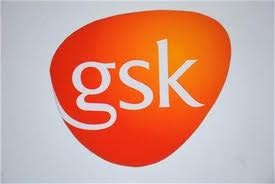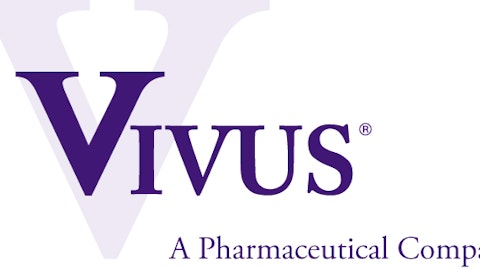GlaxoSmithKline plc (ADR) (NYSE:GSK)‘s diabetes drug Avandia causes heart issues. Or maybe it doesn’t. Either way, regulators figured the risks weren’t worth the benefit, leading to the EU pulling Avandia off the market and the Food and Drug Administration slapping a very restrictive Risk Evaluation and Mitigation Strategy, or REMS, with an Elements To Assure Safe Use, or ETASU, which hampered new prescriptions.
And now it’s not. I guess.
After a two-day advisory committee meeting, half of the 26 panelists recommended that the FDA modify the REMS/ETASU, with seven others voting that they should be removed altogether. Five thought the REMS/ETASU should remain, and only one panelist voted for the most restrictive option, removing Avandia from the market.
The FDA has the final say, but assuming it follows its outside experts’ advice, it seems likely that the restrictions on Avandia sales will be lightened a little.
Damage done
Not that lightening the restrictions is likely to help sales all that much. In its heyday, Avandia sales topped $3 billion annually. Now GlaxoSmithKline plc (ADR) (NYSE:GSK) doesn’t even bother breaking out sales. Best guess, Avandia is lumped into GlaxoSmithKline plc (ADR) (NYSE:GSK)’s metabolic category, where it was categorized previously before sales slumped. The category managed U.S. sales of just $2 million — with an M — in the first quarter of 2013.
Even if that’s all of that is Avandia and if sales increase tenfold, we’re still talking about a minuscule drug.
I’m not sure GlaxoSmithKline plc (ADR) (NYSE:GSK) could even get that many doctors to prescribe the drug. They’ve moved on to Merck & Co., Inc. (NYSE:MRK)‘s Januvia. Sales of Januvia and combo drugs that contain it jumped from $2.4 billion in 2010, the year the restrictions started, to $5.7 billion last year.
The class of diabetes drugs that Januvia belongs to, DPP-4 inhibitors, has increased immensely with the addition of AstraZeneca plc (ADR) (NYSE:AZN)‘s and Bristol Myers Squibb Co. (NYSE:BMY)‘s Onglyza, which is approaching blockbuster status itself; sales were up 25% in the first quarter. And since Onglyza was approved, Eli Lilly & Co. (NYSE:LLY) and Takeda have gained approval of DPP-4 inhibitors.
Takeda’s Actos, which is a thiazolidinedione like Avandia, is now available as a generic. If a doctor wanted to prescribe a thiazolidinedione, it seems likely they’d go for the cheaper drug that doesn’t have the stigma. Actos has been associated with the potential for bladder cancer, but that data seems even sketchier than Avandia’s heart data.
And if doctors don’t like any of those choices, there’s a new class of drugs called SGLT-2 inhibitors that work though a different mechanism. Johnson & Johnson (NYSE:JNJ) got the first one approved earlier this year. Since it’s a new class of drugs, doctors are likely to be cautious, but given the choice between unknown real-world experience and Avandia’s history, I think most doctors would choose the unknown.





